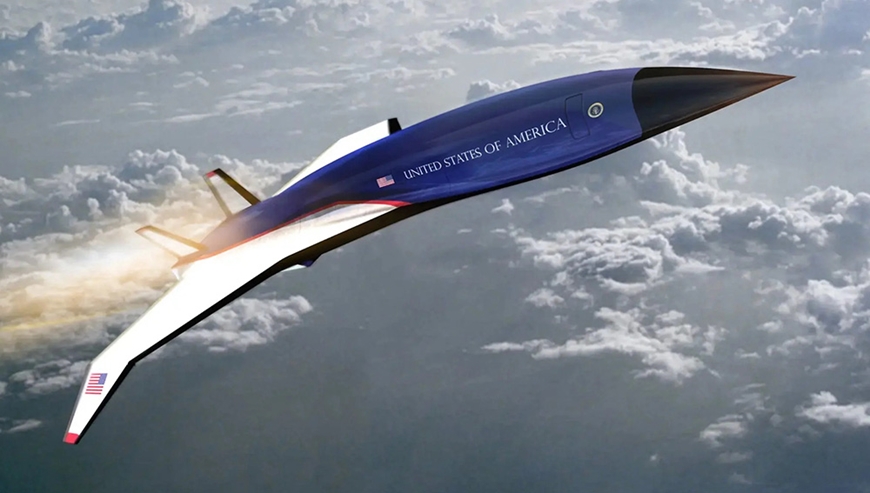Rapid advances in artificial intelligence (AI) and military technology are reshaping national security on a global scale, Business Insider reports, as a slew of tech startups seek to break into the traditional defense industry.
In the United States, the world’s leading arms exporter, defense giants such as Lockheed Martin, Northrop Grumman, Raytheon and Boeing have dominated valuable military contracts for decades. However, technological advances over the past 20 years and huge investments have created a new playing field for emerging players, threatening the dominance of the giants in this field.
It’s no coincidence that investors expect 2024 to be a boom year for defense tech startups, ushering in a new boom cycle for the defense manufacturing industry. “More countries than ever are facing new threats, and the modern battlefield is changing beyond recognition,” Nathan Benaich, founder of Air Street Capital, an AI investment firm, told Business Insider.
 |
| The US Air Force is investing millions of dollars in the development of Hermeus’ supersonic jet. Photo: Hermeus |
In a press release issued after winning a valuable contract with the Pentagon, Ms. Shannon Clark, Chief Development Officer of data analytics company Palantir stated: “This victory is an important step forward in applying AI to the military, taking advanced technology from testing to production and field operation.”
Among the above mentioned businesses, the most prominent is the Space Exploration Technologies Corporation (SpaceX) of billionaire Elon Musk. In 2022, SpaceX launched the Starshield satellite, similar to the Starlink satellite but designed specifically for the US Government to “support national security efforts”.
Earlier this year, Scale AI, a San Francisco-based AI startup valued at $7 billion, announced a partnership with the Pentagon’s AI office to test and evaluate AI language models, aiming to provide the US military with a framework for safely deploying AI by measuring performance and creating specialized evaluation sets to test AI military support models.
In 2022, the startup Hermeus won a $950 million contract to develop a next-generation aviation control and communications system for the US Air Force. Public information shows that Hermeus is developing a hypersonic aircraft that can travel five times the speed of sound (Mach 5, or about 3,300 miles per hour). Previously, in 2020, the US Air Force signed an agreement with Hermeus to develop a hypersonic presidential jet.
Although it was founded not long ago, the technology company Anduril Industries has already positioned itself as a formidable competitor, beating out two giants Boeing and Lockheed Martin to win major contracts. Last April, the company signed an agreement with the US Air Force to design and test AI-based unmanned combat aircraft (autonomous aircraft). The value of the agreement was not disclosed, but according to sources, the US Air Force plans to buy 1,000 of these aircraft, at a price of $30 million each.
With the advantage of holding in hand rapid advances in AI and modern technologies applied to the production of equipment and weapons, technology start-ups seem to be increasing their position in the defense industry. Without a suitable turnaround strategy, the giants in the traditional defense manufacturing industry may be at risk of being “dethroned”.





